U.S. Economic Decline: A Looming Reality?
On September 25, former Federal Reserve official Boos stated that the U.S. economy has effectively fallen into recession and that the Fed missed the optimal time to cut interest rates.
Coincidentally, stock guru Warren Buffett is aggressively selling off all his U.S. stocks, seemingly validating Boos's comments. Does this action suggest impending problems in the U.S. stock market, especially during such a vibrant phase?
This individual, who once emphatically claimed he would never short his homeland, has now, in his later years,
decided to betray his own beliefs. There must be some underlying reason behind this.
Has Buffett jumped the gun?
It’s worth noting that Buffett currently has an astonishing amount of cash at hand, totaling $300 billion, which translates to over 20 trillion yuan!
Moreover, at the end of last year, he ruthlessly sold off two companies in which he had invested for more than 18 years—right ahead of expected interest rate cuts in the U.S.
Consequently, many are now speculating about when the economic collapse and stock market downturn in the U.S. will occur.
When might that happen? To be frank, the U.S. is certainly on a path to collapse; it's merely a matter of time.
Let’s reflect on powerful empires of the past: the Spanish Empire dominated the Americas for nearly a century, the British Empire held its position as global leader for 200 years, the First French Empire lasted only 11 years, the Second German Empire ruled for 47 years, and Nazi Germany lasted just 12 years.
As for the Soviet Union and the U.S., these two world giants share a history spanning 70 years. How much longer can the last remaining superpower, the United States, maintain its global dominance? It can be said that the U.S. is already on a downward trajectory.
Additionally, let’s see what else Buffett mentioned at the shareholders' meeting in May of this year; he repeatedly warned that his biggest concern is that the current prosperity in the U.S. is merely an illusion, with internal contradictions violating economic laws.
This perspective can simply be understood as the U.S. resembling a company involved in a Ponzi scheme or funding game, akin to the once-celebrated internet finance companies and real estate firms like Evergrande, which were once the darlings of investors before their collapse.
America's False Prosperity
This kind of investment makes the facade appear increasingly glamorous, but in reality, the internal contradictions and problems are snowballing, leading to an inevitable, abrupt collapse when they can no longer be sustained.
So, let’s imagine, if in the future certain nations decide to defeat the U.S. through warfare, is that realistic?
Of course not! As long as one condition is met, the U.S. could crumble in an instant. However, it’s important to note that it won't be China or any other nation that defeats the U.S., but the U.S. itself.
Once the U.S. loses its dollar hegemony in future economic developments, it will immediately fall prey to its own severe internal contradictions. Do you know why the U.S. is hastily restricting our high-tech advancements?
Because that is their Achilles' heel. The U.S. rose to global supremacy because they were once a colossal industrial power.
However, after sitting atop the global hierarchy for so many years, they no longer wish to earn a living through hard work, choosing instead to shift industrial production to other countries; they only want to focus on research and development and effortless dollar-based financial ventures for easy profits.
In doing so, they have dug their own grave.
Now, they control the dollar, switching between raising and lowering interest rates to harvest the world.
Such small tricks are well understood by leaders worldwide; they just dare not speak out for fear of provoking the U.S., which could lead to negative media portrayals and ultimately cost them votes.
You may have seen stock markets rising for consecutive years, prices multiplying several times or even a dozen times, yet one should know that sometimes, overnight, they can plummet over 90%.
This teaches us that the seemingly beautiful prosperity often turns out to be an illusion. Currently, the U.S. is facing this predicament, with growing complexities behind its false prosperity.
After the shocking financial crisis of 2008, central banks around the world frantically printed money to help revive their economies, reducing interest rates to historic lows, even entering negative rate territory.
This loose monetary policy, while creating some asset bubbles, has also caused the debts of governments, corporations, and individuals to rise sharply, plunging the global economy into an abyss of staggering debt. The global debt total has reached $313 trillion, nearly three times the world's total GDP!
If rated by Standard & Poor's, the economic score of the entire planet would likely be much worse than junk status.
Returning to the U.S., it is the locomotive of global debt growth, with U.S. debt accounting for a staggering 44% of the world's total bonds, markedly up from just 2% in 2008.
Moreover, the U.S. government borrows approximately $1 trillion in new debt each month, further expanding its debt load.
Signs of Debt Collapse
However, the financialization of the U.S. economy and its reliance on debt also pose significant risks to the world. Should the U.S. economy decline or the dollar lose its supremacy, the risk of U.S. debt default will certainly soar, and we may experience one of the most severe economic crises in history.
This excessive reliance on financial assets is also a crucial reason behind the irrational exuberance in the U.S. stock market.
When people realize that they can earn over 20% profits in the stock market by risking just a small amount of principal, their motivation to work hard significantly declines.
These capitalists no longer focus on the long-term development of enterprises but instead turn towards financial activities, seeking quick capital appreciation.
If the U.S. were to collapse, let us ponder the consequences: once economic conditions deteriorate, will those accustomed to state welfare be willing to return to factories to earn a meager living?
They might very well turn to arms against one another, potentially declaring independence like the former Soviet Union, transforming overnight into dozens of smaller nations. Do you believe it? Perhaps in 20 to 30 years, or even in a decade or so, they might suddenly crumble like the Soviet Union did.
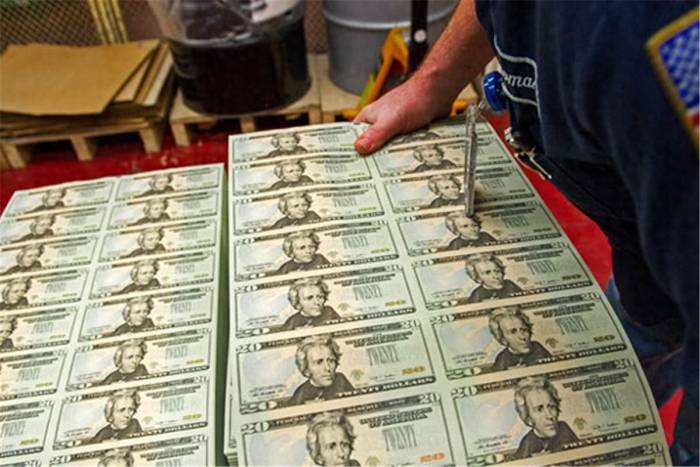

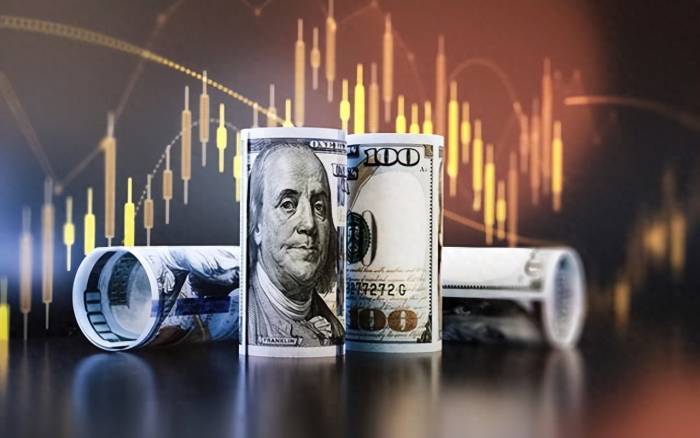



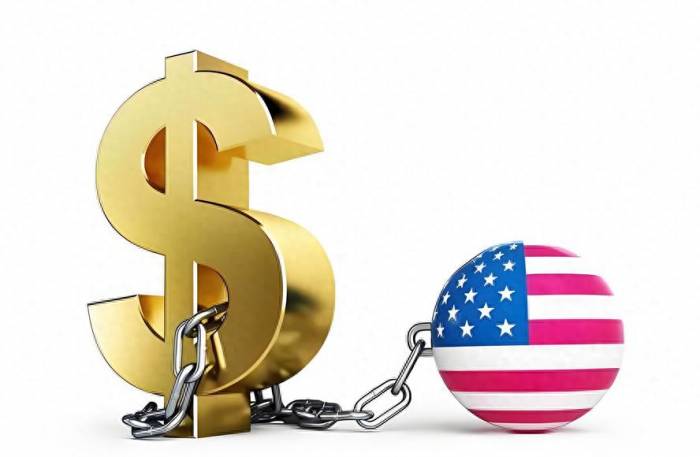
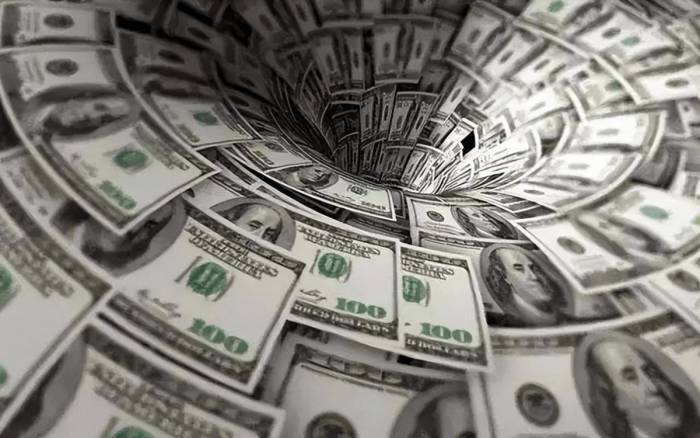




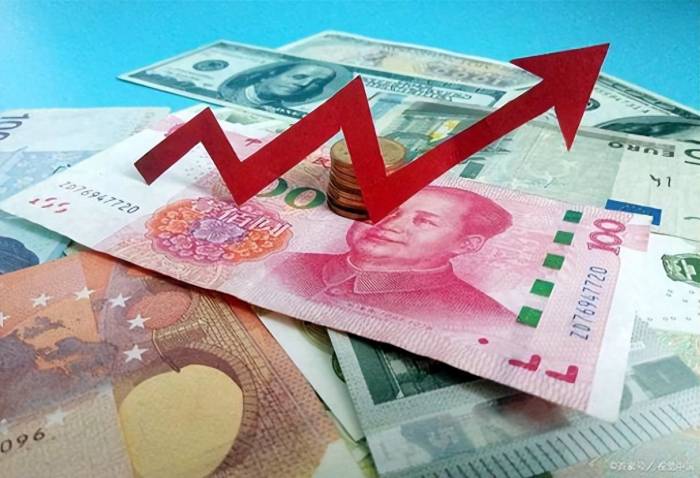

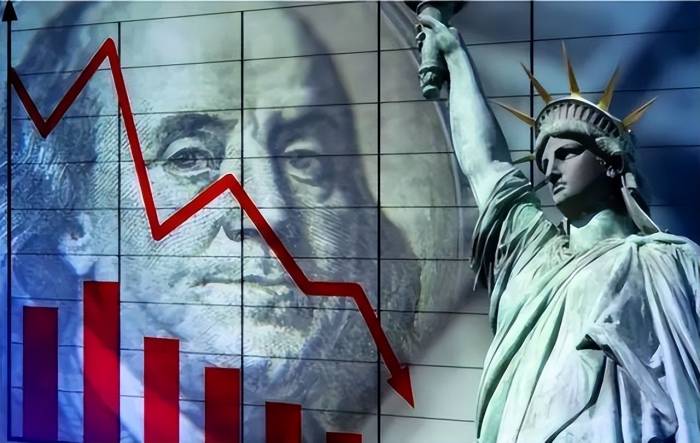









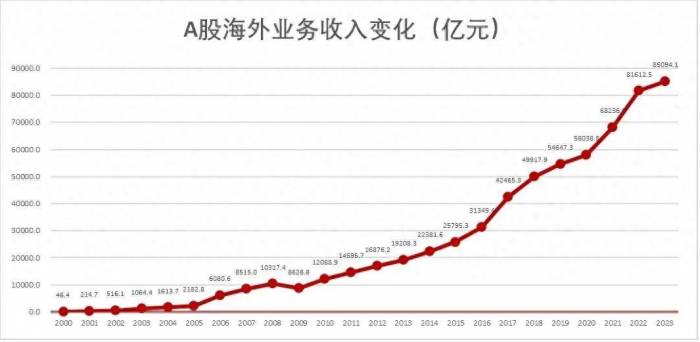
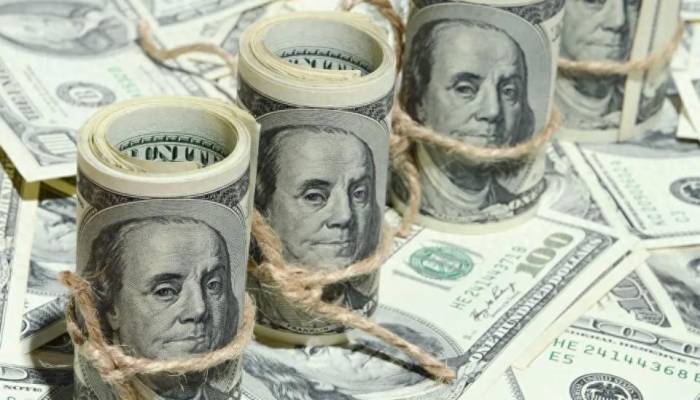




Join the Conversation